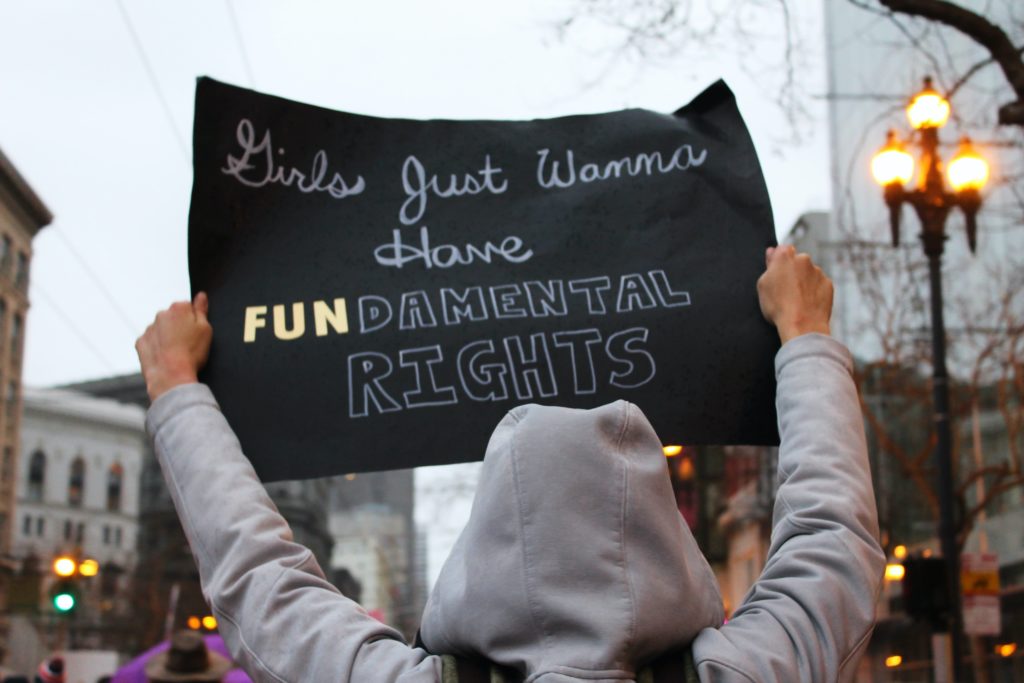The legacy of the courageous women of 1956 lives on
By Nomahlozi Ramohloki, 20, Free State

Women all over the world have been underestimated, undervalued and unappreciated but all of this is beginning to change as they regain their agency, power and confidence. In South Africa, there is a holiday which is aimed at women, to celebrate them. It is called National Women’s Day.
National Women’s Day is a South African public holiday celebrated annually on the 9th of August. The day commemorates the 1956 march of approximately 20,000 women to the Union Buildings in Pretoria to petition against the country’s pass laws that required South Africans defined as “black” under The Population Registration Act to carry an internal passport, known as a pass, that served to maintain population segregation, control urbanisation, and manage migrant labour during the apartheid era. The march was led by Lillian Ngoyi, Helen Joseph, Rahima Moosa and Sophia Williams. The women left 14,000 petitions at the office doors of prime minister J. G. Strijdom. They then stood silently for 30 minutes and then started singing a protest song that was composed in honour of the occasion. The first National Women’s Day was celebrated on 9 August 1995 and in 2006, a re-enactment of the march was staged for its 50th anniversary, with many of the 1956 march participants.
National Women’s Day pays attention to significant issues that South African women still face, such as parenting, domestic violence, sexual harassment in the workplace and unequal pay. It can be used as a day to fight for or protest these ideas. After democracy, many women have become successful and most occupy high positions in their place of work thus inspiring more women such as myself by showing that anything is possible as long as you put your mind to it. These women are inspired by the courage the women who marched in 1956 had. Their actions continue to impact the women of today immensely that most women have even established support groups to empower other women because they know that the government alone cannot uplift women. Women4Women, Women and beyond, and Thuthuzela Care Centre are examples of such organisations. Women are now representing each other.
‘Wathint’ abafazi, wathint’ imbokodo’ (you strike women, you strike a rock) is the new norm. However, women in South Africa are still not safe and that has to be the goal of this year’s Women’s day as many women lost their lives due to gender-based violence. We must fight for safety, peace and security. They are not free from the gender roles and societal norms and these factors may and often hinder their improvement. Yes, South Africans have rights but are they working for them? It has been said that, “If you educate a man you educate one individual, but if you educate a woman you educate a family” and by keeping our queens safe, we are keeping the whole country safe.
The unity that is manifesting between women is inspiring and should grow even more. Let us all move towards emancipation and success.
Sharing is caring!
Help us spread the word about Voices Unite:


